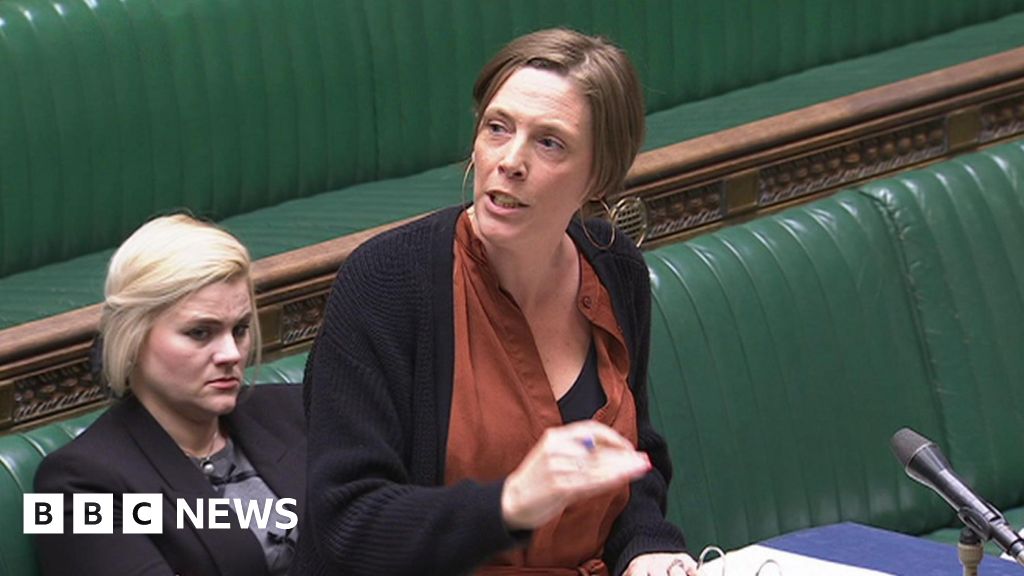ARTICLE AD BOX
By Dominic Casciani
Home and legal correspondent
Image source, Getty Images
Image caption,The European Convention on Human Rights is enforced by judges in Strasbourg
The government has launched what it says will be "common sense" reforms to the Human Rights Act that will "restore confidence" in the legal system.
The proposals commit to staying within the European Convention on Human Rights, despite pressure from some Conservatives to leave the treaty.
The government says the plans will also prevent foreign offenders abusing rules around the right to a family life.
Critics warn the final measures could be muddled and unnecessary.
Mr Raab said the UK will "remain a party to the European Convention on Human Rights" while saying the government wanted to "change, reform to revise" how it is interpreted by courts.
The proposals will recognise the "right to trial by jury" as it applies "variably across different nations" in the UK and reinforce the weight given to freedom of speech, adding this is "a quintessentially British right, the freedom that guards all the others".
He added: "Freedom of speech does sometimes mean the freedom to say things which others may not wish to hear."
What is the Human Rights Act?
The Human Rights Act was introduced more than 20 years ago and it sets out in law a set of minimum standards of how everyone should be treated by public bodies.
It includes basic rights to a fair trial, life and freedom from ill treatment - and protections against discrimination or unfair interference in private and family life.
The act's wording comes from the European Convention of Human Rights - a treaty agreed by almost every nation in Europe after World War Two.
The convention is enforced by a court in Strasbourg, France, which includes judges from the UK and all other nations. It's nothing to do with the European Union.
Since the Human Rights Act came into force, most claims of unfair treatment are dealt with by British judges, rather than going to Strasbourg.
The HRA has been under repeated attack from critics on the right of politics who say that it puts European law ahead of British law.
What does the government want to do?
On Tuesday the government published its long-awaited review of the act and a consultation on its future.
Under the three-month consultation, the government proposes changing the law to introduce specific circumstances in which a foreign national offender could not claim a right to family life in the UK to challenge their deportation.
Ministers want to introduce a new legal test which would allow judges to block what the government says are "spurious" cases making it to court.
Mr Raab, who is also deputy prime minister, said the plans would also ensure that the UK Supreme Court would have the final say on UK rights by making clear in legislation that they should take their cue from British laws and experience, rather than rulings in Strasbourg.
It's not clear how that differs from the current situation where British courts can choose to ignore the views of the European Court of Human Rights if they have good legal reason to do so.
The plans do not include proposals that would change the law concerning the potential return to other countries of migrants arriving in dinghies.
Mr Raab said: "Our plans for a bill of rights will strengthen typically British rights like freedom of speech and trial by jury, while preventing abuses of the system and adding a healthy dose of common sense."
The Law Society, which represents solicitors in England and Wales, urged the government to make sure that any reforms of the HRA were backed by evidence, not driven by political rhetoric.
Its president, I. Stephanie Boyce, said: "The powers government purports to introduce for the most part already exist. British judges deliver British justice based on British laws.
"UK courts do not, as government suggests, blindly follow case law from the European Court of Human Rights."

 3 years ago
41
3 years ago
41








 English (US) ·
English (US) ·